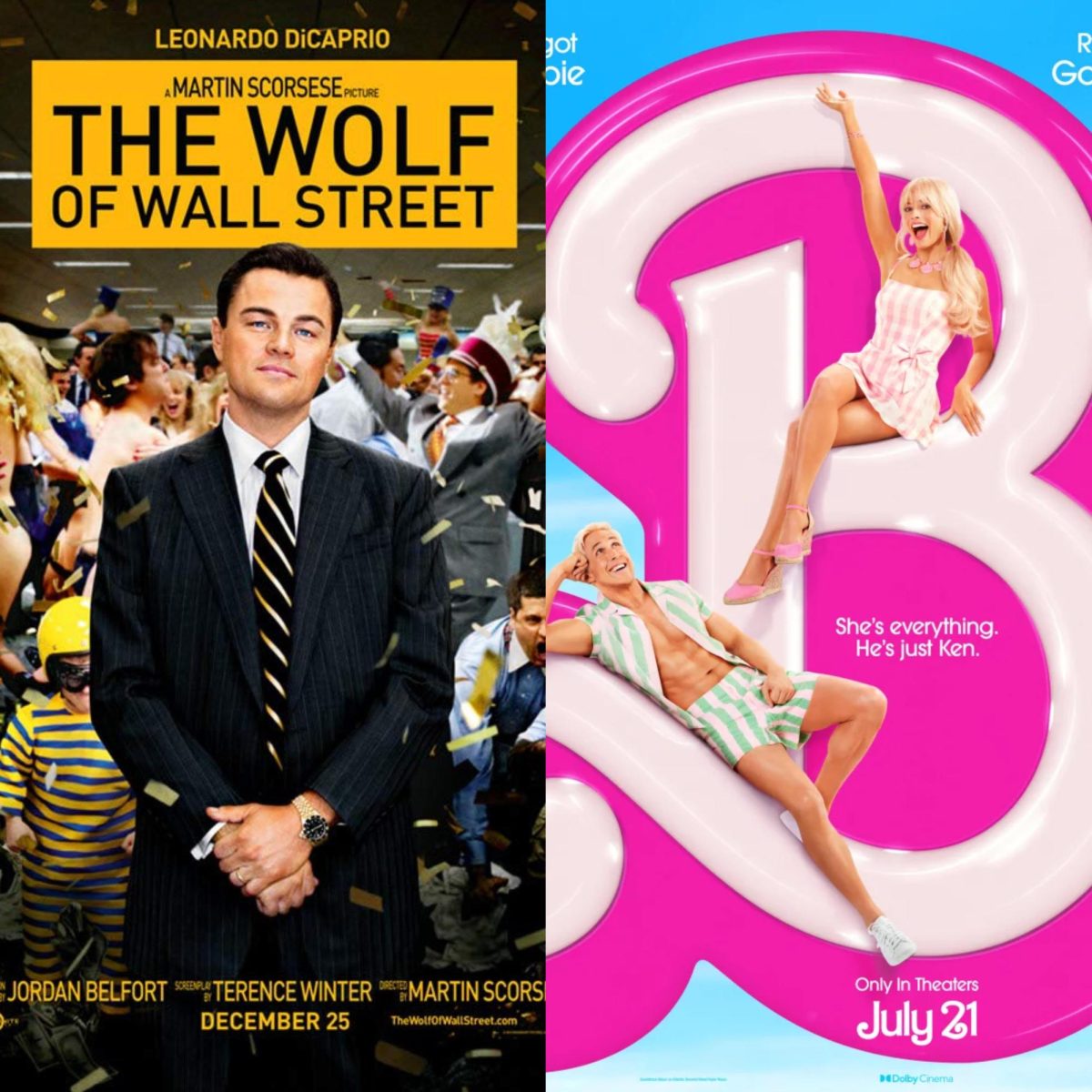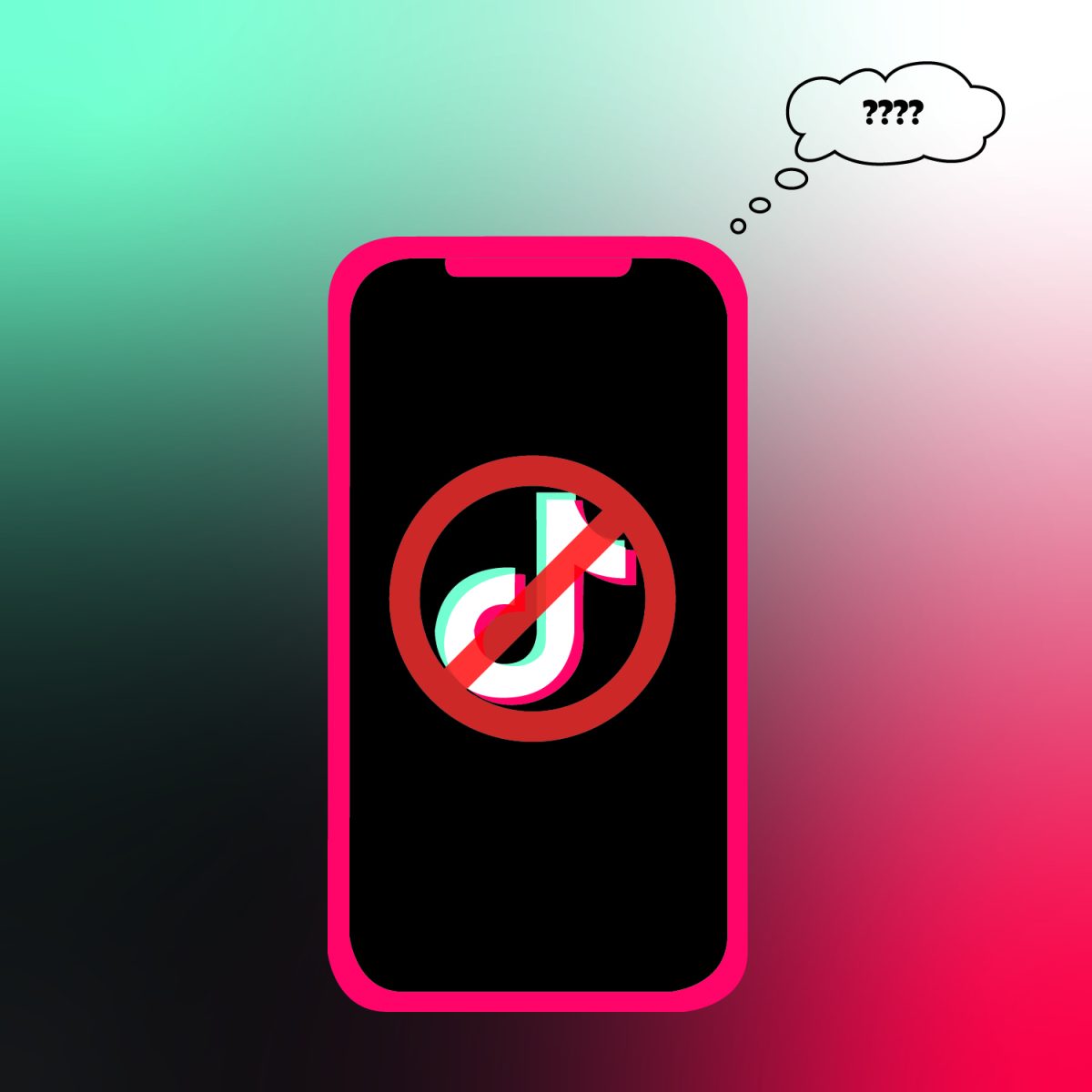The biggest day for movies this summer was none other than July 21 — the release of historical “Oppenheimer” and fun, easily enjoyable “Barbie.” As I walked into the theater with my siblings in the blazing Arizona heat, I raved about how excited I was. With my Nerds Gummy Clusters in hand, the lights dimmed and Margot Robbie came strutting in in all her Barbiefied glory. When the movie ended, my siblings and I discussed something that they realized throughout the movie: men might feel uncomfortable while watching it. Personally, I enjoyed it. Cinematic masterpiece, the best movie ever? No. Well made, pink, inspiring movie about inspiring women? Definitely. But something I noticed online is that “Barbie” was criticized for being anti man, like liberal propaganda that was too woke for its own good. How is a movie that says women can be who they want to be and achieve just as much as a man does “anti man”? While I understand why a man watching the movie might feel a bit awkward — since the Kens are basically treated as lesser than for the entire film — sometimes it is good to sit in that discomfort and understand why movies like this need to be made. I do not really care if someone dislikes “Barbie.” Movies are subjective and not everyone has to love every new film. In fact, it makes for good discussion if you feel opposite someone else. However, it is important to recognize the message of the movie and the impact it has had even if you hate it.
I have not heard this much controversy over a movie since I got to high school and everyone discovered the world that is “The Wolf of Wall Street” (ironically, also starring Margot Robbie). Which brings me right to my next point — while I know a fair number of people who despise this movie, why is it still praised heavier than “Barbie” when it is obviously misogynistic? Jordan Belfort quite literally objectifies women for the entire movie. It shows the consequences of greed and self-indulgence, sure, but it also highlights the fact that Belfort never truthfully got punished. He was sentenced to four years in prison, but as stated by one reviewer, “[Belfort] spent only 22 months at a downscale country club thanks to ratting on people even worse than himself and then quickly re-invented himself as a ‘motivational’ speaker.” Before you jump to defend Leonardo Dicaprio, I know the movie is just a true story about a bad guy. It is a well made film and depicts Belfort’s life in a captivating manner. But I also know that the kids who spend class periods watching the stock market pretend that they are going to be the next Belfort just because they took AP Econ, and that is where the problem arises. Some people consider “Wolf of Wall Street” to be a life goal where “Barbie” is seen as an offensive critique of masculinity. However, I find it interesting that people who knew they would hate the movie still attended a showing — namely, Ben Shapiro, who, according to The Seattle Times, “dubbed [Barbie] a ‘flaming garbage heap of a film,’… [tweeting] that the flick is ‘one of the most woke movies I have ever seen.’” He even posted a 43-minute video about the whole experience and burned Barbie dolls while talking about it. Personally, I am a bit too busy to spend my time watching things I know I will hate, but maybe Shapiro just really needs a hobby.
While many “Wolf of Wall Street” reviews have that same petty feeling to them, it is important to highlight the fact that “Barbie” is a satirical example of the world flipped on its head, and “Wolf” is a true story about a real man who ruined lives and abused his power all while fostering a nasty drug addiction. I see some people talk about this movie and consider Belfort to have reached a heavenly state of pleasure and chaos, putting him on a sort of pedestal. Praising the quality of the movie is one thing — making it into your life goal is another. The desire to model your life based on someone else’s is especially alarming in the case of Belfort, someone who was convicted for money laundering, securities fraud, and had to pay $110 million in restitution to those he wrecked. “Barbie” is considered to be a scheme by liberals to make everyone a misandrist, whereas “Wolf” is seen as a masterful depiction of what it means to be a businessman. I can assure you, there are ways to be a successful entrepreneur without being insanely high and manipulating the people and money around you at all times.
Going back to my original point, “Wolf” is still a good movie. It is uncomfortable, vulgar, and glorifies someone who is wildly corrupt, but it is a good movie. “Barbie” is also a good movie, not an elaborate plan disguised in pink plastic to make you hate all men. As long as you can see the truth underneath all the glitz and glamor of “The Wolf of Wall Street” and the satire within “Barbie,” there is no problem with enjoying Dicaprio’s performance as well as Robbie’s in both movies (and in “Barbie’s” case, Ryan Gosling’s epic musical number).









